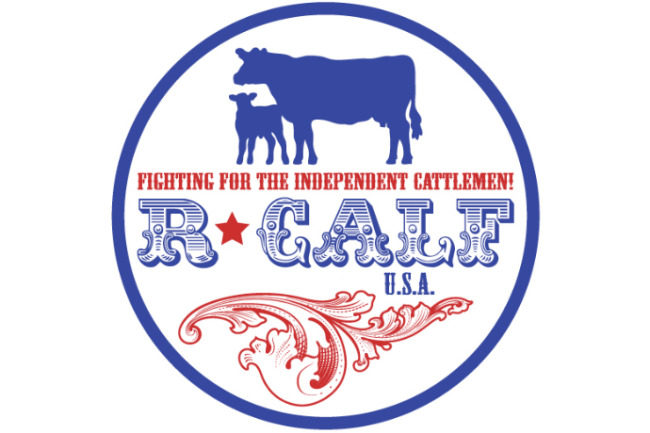BILLINGS, MONT. – In separate letters sent to US Agriculture Secretary Tom Vilsack and President Joe Biden, officials with R-CALF United Stockgrowers of America (R-CALF USA), expressed its support of reinstating a mandatory country-of-origin-labeling law (COOL) that supports US cattle producers by only allowing beef that is born, raised, slaughtered and further processed in the United States to be labeled as products of the United States.
On Feb. 24, R-CALF USA sent a letter to President Biden warning him that changing the COOL requirements, as recently suggested to the president by the United States Cattlemen’s Association (USCA), would be detrimental to cattle producers in the United States. That change was suggested in a USCA letter, which stated products should be considered a product of the United States if the animal was born, raised, slaughtered, or further processed in the United States.
“We are deeply concerned this request will undermine your efforts to strengthen the domestic beef supply chain – the supply chain consisting of hundreds of thousands of mostly family-owned US cattle operations,” said the letter, signed by Bill Bullard, chief executive officer of R-CALF. “This is because allowing beef products from animals ‘further processed in the United States’ to be considered products of the US will incentivize corporate feedlots and packers to bypass cattle offered for sale by US cattle producers in favor of importing lower-cost foreign cattle.”
In a Feb. 25 letter to Vilsack, R-CALF lauded the recently confirmed ag secretary’s interest in revisiting mandatory COOL to ensure it avoids the previous World Trade Organization’s ruling, which did not support R-CALF’s position that foreign beef is mislabeled as “Product of the USA” unless it was born, raised, slaughtered and further processed in the United States.
R-CALF included a proposed draft of an m-COOL bill with the letter that spelled out its reasoning.
“Reinstating a functioning mandatory COOL law is vital to US cattle producers who are presently without the means to build demand for their US cattle and to US consumers who desire to know from what country(s) their beef originates,” wrote Bullard in the letter written to Vilsack on behalf of R-CALF.


